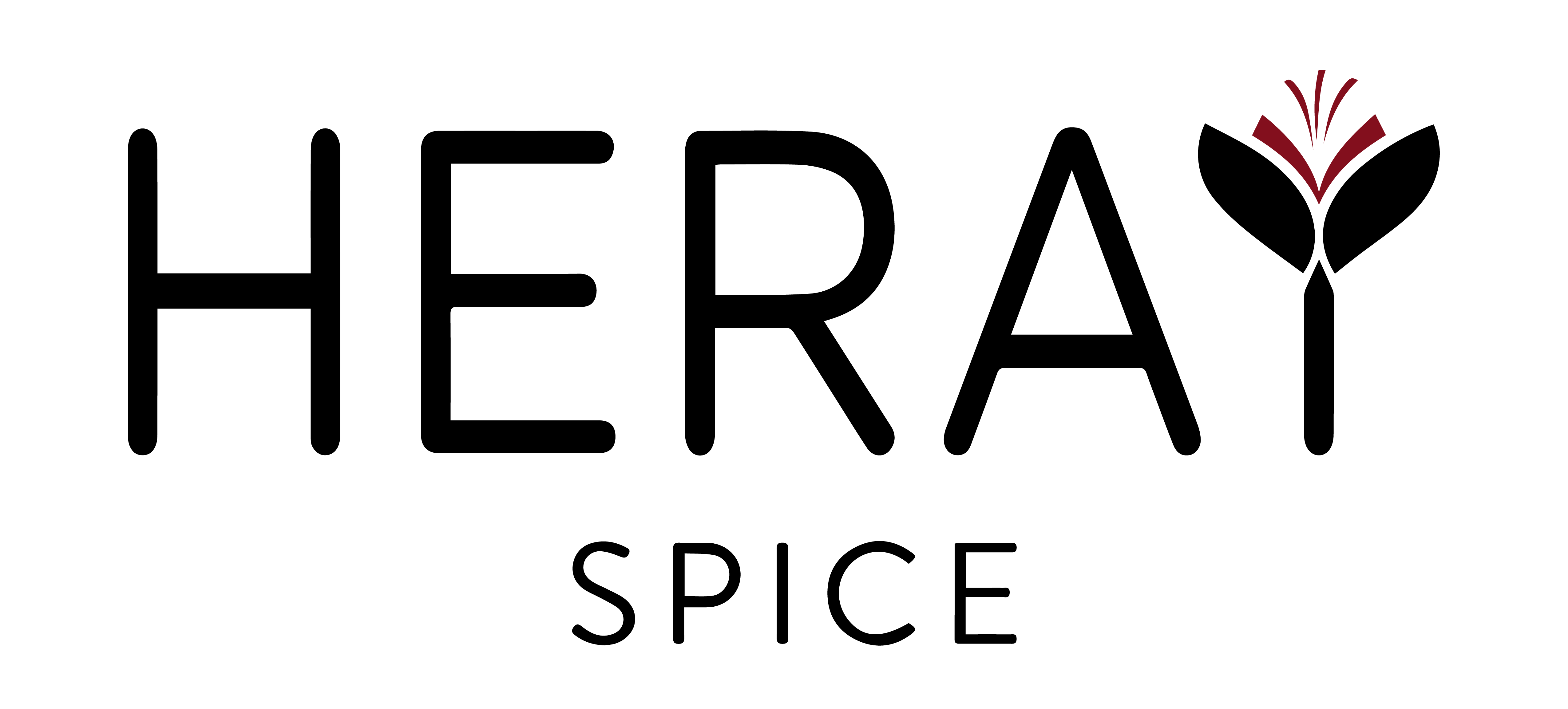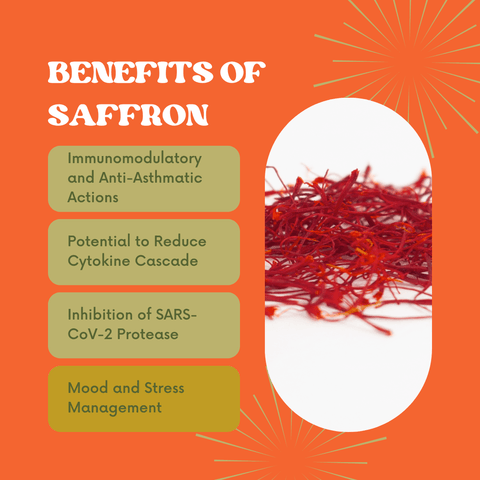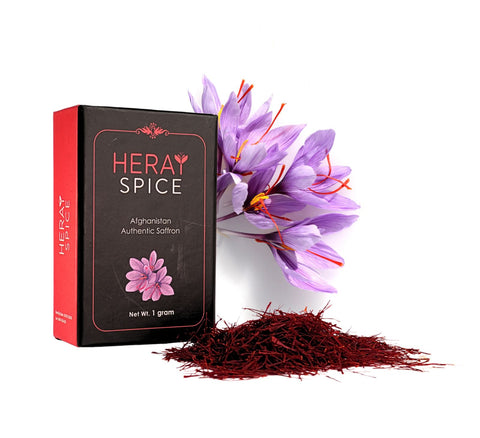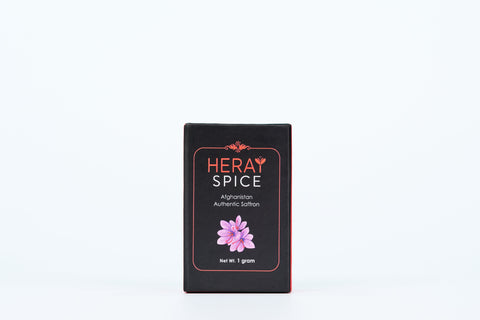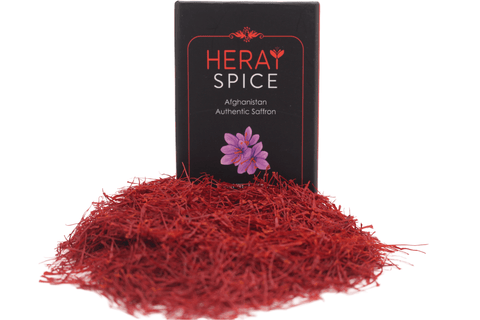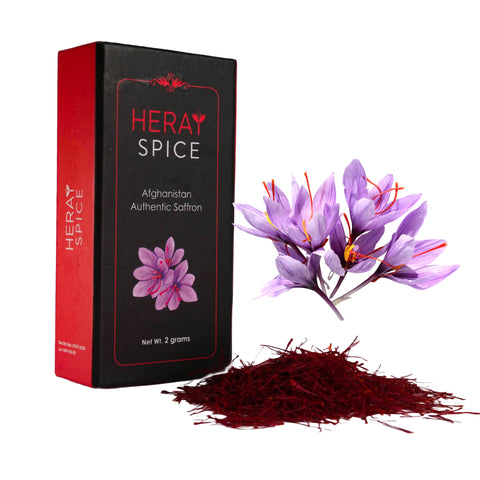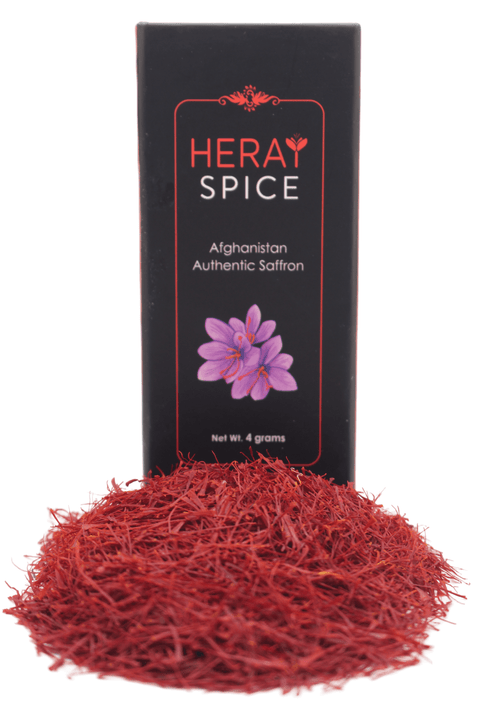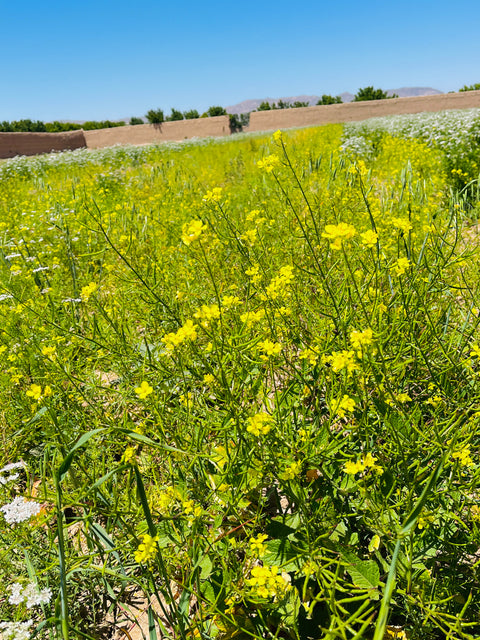Unlocking the Potential of Saffron: A Natural Weapon Against COVID-19
The COVID-19 battle is still happening to this day, and scientists are continuously working to find ways to mitigate its impact. Recent research has uncovered a potential answer to this fight: saffron. A spice treasured for its vibrant colour and unique flavour holds the key to downregulating inflammation and preventing the dreaded cytokine storm associated with severe COVID-19 cases.
Understanding the Challenge: COVID-19 and Inflammation
As we all may know, this pandemic presented an era of unprecedented medical challenges, one of them being the body’s inflammatory response to the virus. This is an effect that you may have heard from those who have gotten COVID-19. When the SARS-CoV-2 virus infiltrates the lungs, it triggers a cascade of events that activate inflammatory T cells and monocytes, which lead to the production of inflammatory molecules like Interleukin-1, -6, -8, and -10. This would then cause a cytokine storm, which is when one’s immune system responds too aggressively to the infection (1). Due to one’s weakened immune system, the damage then spreads to vital organs such as the liver, heart, kidney, and brain. Managing COVID-19 involves an array of therapeutic options. Thus, the search for effective treatments continues, particularly those that can address the inflammatory component of the disease.
The Saffron Solution: Nature’s Anti-Inflammatory Agent
A rich history in traditional medicine, saffron has always been regarded as a potent healing agent, and this dates back to thousands of years ago. The spice was traditionally used to treat a range of conditions, from skin ailments to sexual dysfunction. Now, saffron is under the scientific spotlight 🔍 for its potential in combating COVID-19!
There are 3 components in saffron called crocetin esters, Picrocrocin, and Safranal, that have garnered attention for their impressive antioxidant and anti-inflammatory properties. These compounds have been known to be linked to Alzheimer’s, cancer, and depression in the past. But in regards to COVID-19, it is still an ongoing focus of study.
Saffron’s Arsenal Against COVID-19
Research has unveiled several ways in which saffron could benefit COVID-19 patients. The following are the results from said research:
- Immunomodulation and Anti-Asthmatic Actions → Saffron’s essential oils and constituents show both immunomodulatory and anti-asthmatic actions. These properties are particularly promising for individuals with respiratory symptoms that arise from the virus.
- Reducing the Cytokine Cascade → One of saffron’s components known as crocin appears to play a role in reducing the cytokine cascade associated with the virus. It offers a potential avenue for mitigating the inflammatory storm.
- Inhibitory Actions on SARS-CoV-2 → Saffron’s compounds, including astragalin and crocus, may occupy critical components of the SARS-CoV-2 virus, such as the protease and spike protein.
The Road Ahead: Clinical Trials and Beyond
While saffron shows great promise as a natural weapon to combat COVID-19, the path forward requires rigor and scrutiny. Researchers have emphasized the need for well-designed randomized clinical trials, specifically those employing biomarkers, to assess inflammatory status. These trials will provide essential data to determine saffron’s clinical efficacy, potentially making it a valuable supplement treatment, especially for those in regions with limited access to conventional medications, but might have access to saffron.
In conclusion, saffron is a compelling candidate for subduing the cytokine storm associated with COVID-19. While this may be exciting news, it is important to await the results of rigorous clinical trials before fully embracing it as a preventive or treatment option. The active compounds in saffron also present exciting prospects for the development of novel anti-viral drugs, demonstrating the enduring significance of nature’s remedies in our modern world.
Note: we are not providing any medical advice. This blog is based on a scientific journal found in the National Library of Medicine (2).
Resources:
(1) Cleveland Clinic
(2) National Library of Medicine: National Center for Biotechnology Information
